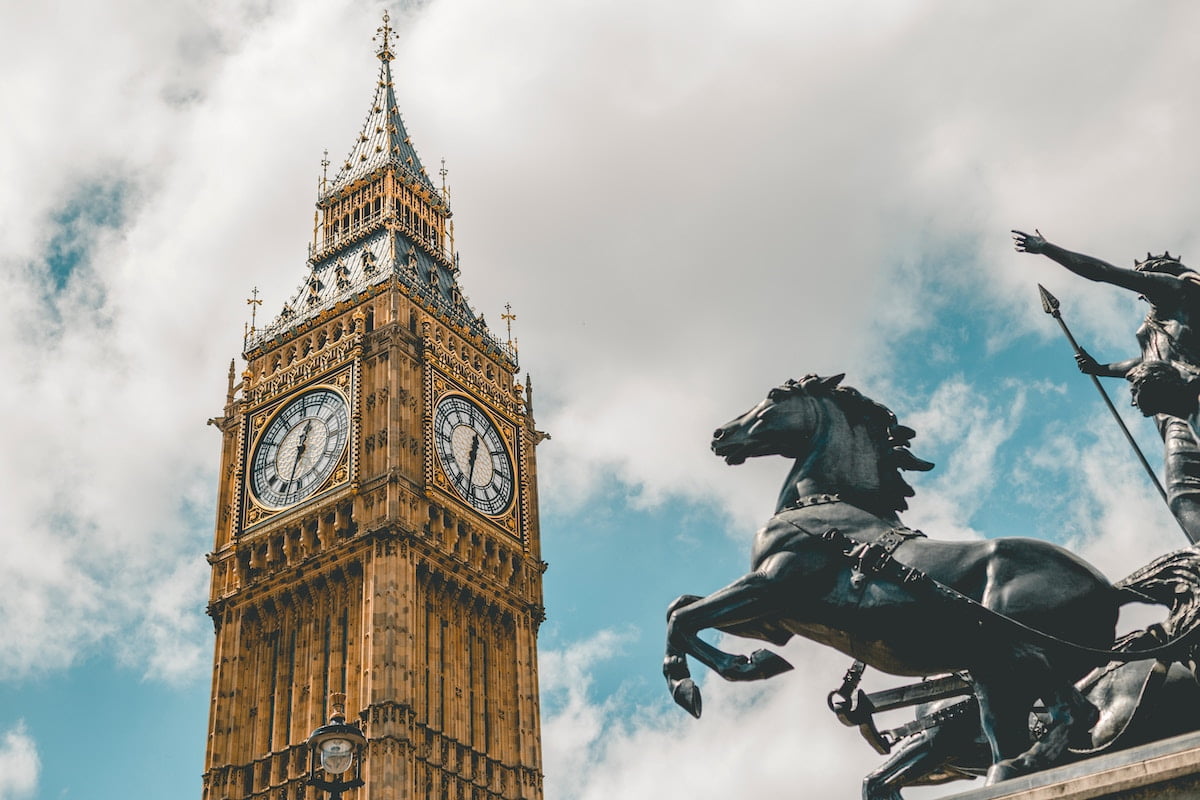A subcommittee of the Oregon Psilocybin Advisory Board (OPAB) is considering whether to provide special protections for religious practises involving the use of psilocybin.
The OPAB has been warned that the rise of a new psychedelics industrial complex could put psychedelic religions in jeopardy if Oregon fails to act quickly.
Attorney Jon Dennis of Sagebrush Law, warned the board that the industry has already begun engaging in aggressive tactics to prevent newcomers from entering into the industry, despite psychedelics not yet being legal at a state or federal level.
Although the US Supreme Court has already approved of granting religious liberties to churches that use psychedelic plants as sacraments, Oregon is the first state to decide the scope of freedoms for psychedelic religions through administrative regulation.
Measure 109
Oregon has one of the highest prevalences of mental illness in the nation, affecting one in every five adults. With the rise in promising results regarding the efficacy of psilocybin for mental health conditions, Oregon became the first state in the US to approve of legalised psilocybin under Oregon’s Psilocybin Services Act – “Measure 109” – in November 2020.
Measure 109 aims to develop a “long-term strategic plan for ensuring that psilocybin services will become and remain a safe, accessible and affordable therapeutic option for all persons 21 years of age…” and “establish a comprehensive regulatory framework concerning psilocybin products and psilocybin services under state law…” among other actions.
In a meeting with the OPAB, Dennis presented a set of draft regulations that would grant religious protections under Oregon’s new psilocybin law.
Addressing the board, Dennis cited the words of medicine woman Maria Sabina, whose sacred ceremonies in Mexico were based on the use of psilocybin. When the news of her ceremonies broke in The Times, Westerners flocked to Mexico in order to experience the mushrooms. This led to restrictions from the Mexican Government on their ritual use.
“Never, as far as I remember, were the saint children [the mushrooms] eaten with such lack of respect,” Sabina had commented – saying that foreign visitors ruined the purity of the mushrooms.
Dennis commented: “When we think about what Oregon is doing right now with this new psychedelic programme, we have to consider this history – part of this history is the emergence of the psychedelics industrial complex. This is the list of companies that are publicly traded.
“Keep in mind – with about $4.8bn in market cap – non of this is really legal yet. I don’t suppose that all of these companies are engaging in aggressive tactics – but we are already starting to see the intellectual property grabs and the land grabs, to corner out other types of access to psychedelic healing modalities that exist.
“If we as a society are to protect religious use the best way to do that is to do it now. Because as these companies get bigger and bigger and become more aggressive, and try to corner out other types of psychedelic healing and psychedelic use, it is not going to get easier as this psychedelic complex gets more entrenched.”
Concerns were also raised regarding lobbyists meddling in Oregon’s psilocybin programme.
Protections for entheogenic practitioners
Many people across the world use entheogens – psychoactive plants or substances that are used in a sacred or spiritual manner.
To reflect this use of psychoactive plants, within Dennis’ draft framework, the word “entheogenic” is used rather than “religious” to ensure that those who use these plants as part of any practice related to their sincere beliefs have their rights maintained.
Dennis proposed a partnership between the Oregon Health Authority and entheogenic practitioners that he believes would be beneficial to all parties, by bringing entheogenic practice out of the underground to “above ground”. This would provide oversight and accountability, ensuring that people are going through a screening process and safeguards are in place. It will also ensure practitioners will not have to face the risk of jail for practices related to their beliefs.
“This also helps with the tension inherent in Measure 109 around accessibility and affordability,” said Dennis. “I believe, particularly with the peer support model and homegrown mushroom model, that we can drive the price point down to something that is actually affordable.
“This cause is too important for it to be another vehicle to reinforce or deepen inequalities that exist along racial, health or financial mechanisms – it is going to be such a tragic thing as we enter into this new era where we re-establish relationships with plant medicines – it is critical we give small community-led organisations their own means of production and do something to protect that.”
Click here to read the draft framework
Community-based healing
Bob Otis Stanley, pastor and chief garden steward of Oakland-based church, the Sacred Garden Community, which uses psychedelic plants as part of their religious ritual, also highlighted the importance of community-based healing.
Stanley commented: “We have a common faith in our church that the sacraments of our church are approached with care, respect and trust and can connect us with experience of divine presence within this lifetime.
“But we can accept many incoming faiths – atheism, Christian, Jewish, Islam, Pagan. So, we are trying to create a strong container for the diversity that we find here in Oakland, but also who have a sincerely shared faith.
“By trying to create this community framework that has deliberate harm reduction built-in we are recreating some of the benefits in long term culture that I have experienced in the many years visiting the Sierra Mazateca region. Each little village and valley that will have one or two, or several, curanderos [healers] will have culture integrated with that healing process – we are lacking here in the United States.
“So to have an intentionally created community that can provide some of that support for the frameworks you may find in other traditional cultures is part of our goal.”
[activecampaign form=52]


 Opinion2 years ago
Opinion2 years ago
 Insight3 years ago
Insight3 years ago
 Medicinal2 years ago
Medicinal2 years ago
 Medicinal2 years ago
Medicinal2 years ago
 Research2 years ago
Research2 years ago
 Markets & Industry1 year ago
Markets & Industry1 year ago
 Medicinal2 years ago
Medicinal2 years ago
 News3 years ago
News3 years ago

















